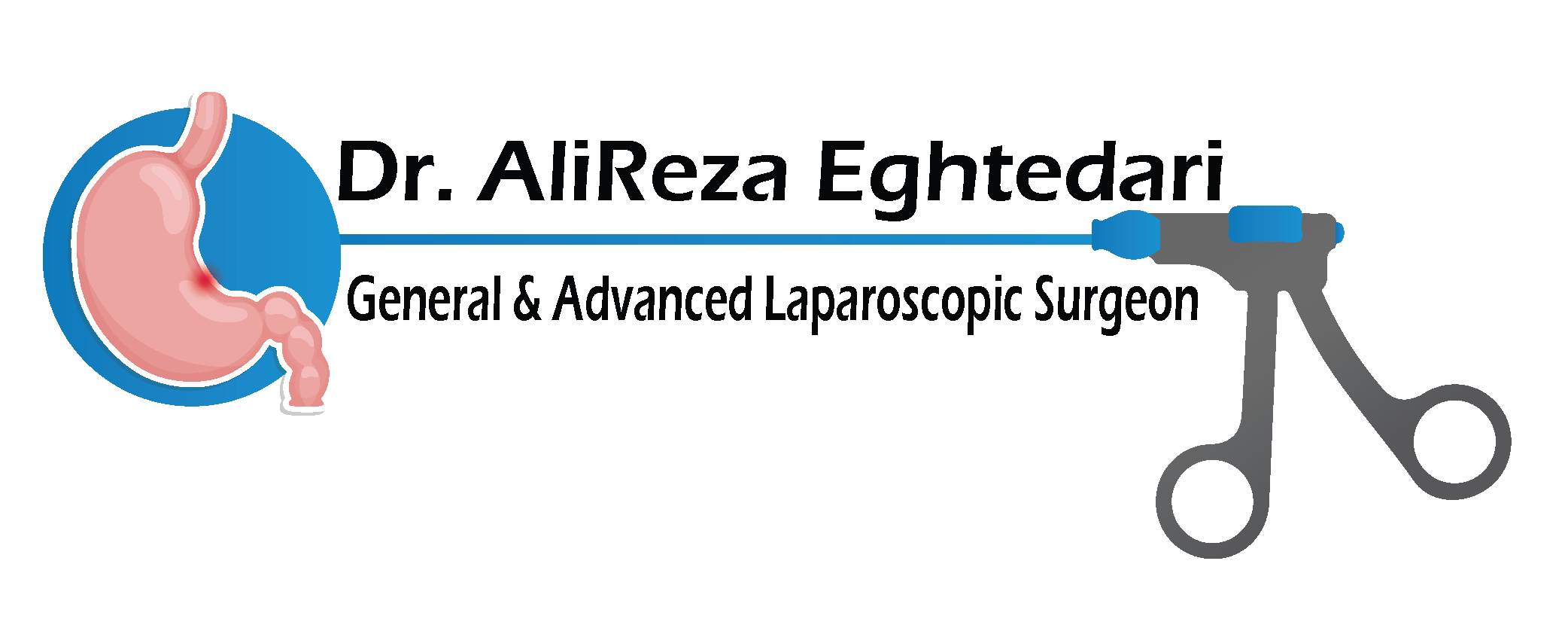Introduction: Hernias are a common medical condition where an organ or fatty tissue protrudes through a weak spot in the abdominal wall or connective tissue. This guide aims to provide comprehensive information about hernias, the surgical procedures available for treatment, and the recovery process. Whether you’re preparing for surgery or seeking to understand the post-operative care, this guide will serve as a valuable resource.
Understanding Hernias: A hernia occurs when an organ or fatty tissue pushes through a weakened area in the muscle or tissue that normally holds it in place. While hernias are most commonly found in the abdomen, they can also appear in the upper thigh, belly button, and groin areas. Both men and women can develop hernias, and they may be present from birth (congenital) or develop over time. Hernias do not resolve on their own and may require surgical intervention for treatment.
Types of Hernias: There are several types of hernias, including inguinal (groin) hernias, umbilical (belly button) hernias, and ventral (incisional) hernias. Each type has its own causes and symptoms, and surgical treatment may be necessary to repair the hernia and prevent complications.
Signs and Symptoms: Common symptoms of hernias include pain or discomfort when lifting heavy objects, coughing, or straining during bowel movements. Severe, continuous pain, redness, and tenderness may indicate a strangulated hernia, which requires immediate medical attention.
Diagnosis and Treatment: Diagnosing a hernia typically involves a physical examination by a healthcare provider. In some cases, additional tests such as X-rays, ultrasounds, or CT scans may be ordered to confirm the diagnosis. Surgical treatment is often necessary to repair the hernia and prevent further complications. The three main surgical approaches for hernia repair include traditional open surgery, laparoscopic surgery, and single incision laparoscopic surgery.
Recovery and Prevention: Following hernia surgery, patients can expect a period of recovery, during which they may need to restrict certain activities and follow their healthcare provider’s instructions closely. To prevent future hernias, lifestyle modifications such as proper warm-up before exercise, strengthening abdominal muscles, and maintaining a healthy weight may be recommended.
Conclusion: Hernias are a common medical condition that can cause discomfort and potentially serious complications if left untreated. However, with timely diagnosis and appropriate surgical intervention, patients can expect successful outcomes and a return to normal activities. If you’re experiencing symptoms of a hernia or have been diagnosed with one, don’t hesitate to seek medical attention and discuss treatment options with a qualified healthcare provider.
For more information or to schedule a consultation with Dr. Alireza Eghtadari, please contact us, and we will respond within one working day to assist you. Thank you for considering us for your hernia treatment needs.
